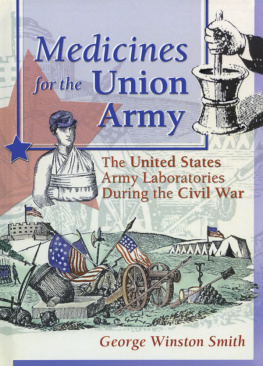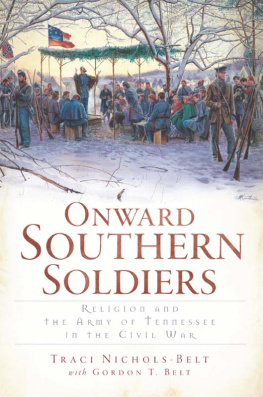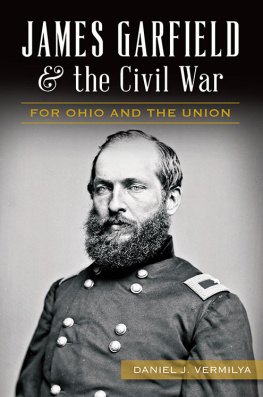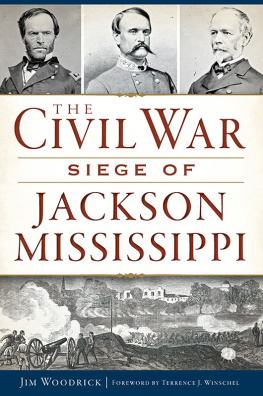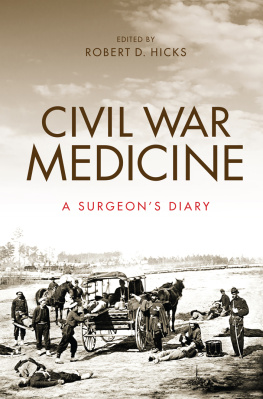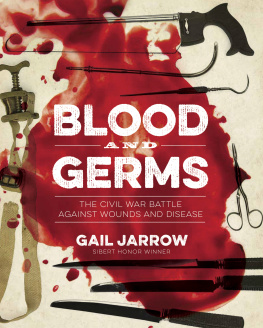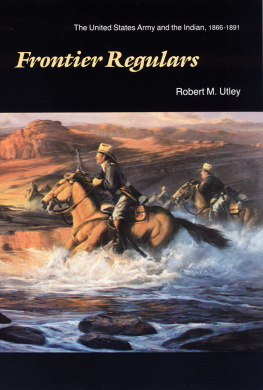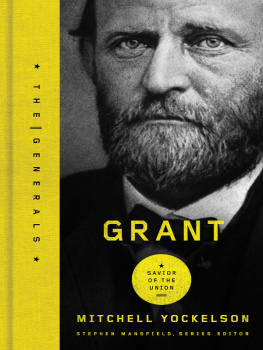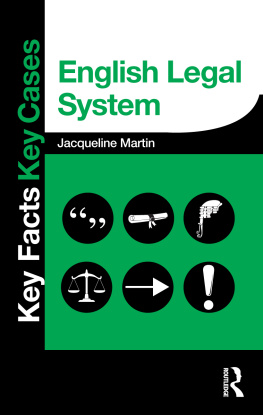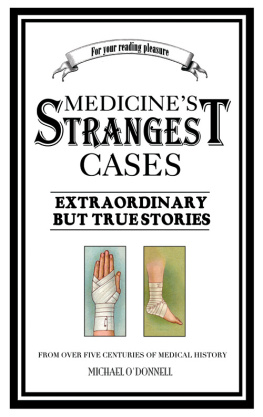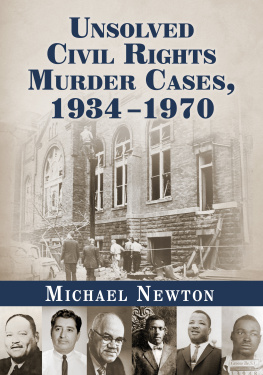Dennis B. Worthen - Medicines for the Union Army: The United States Army Laboratories During the Civil War
Here you can read online Dennis B. Worthen - Medicines for the Union Army: The United States Army Laboratories During the Civil War full text of the book (entire story) in english for free. Download pdf and epub, get meaning, cover and reviews about this ebook. City: New York, year: 2014, publisher: Routledge, genre: History / Science. Description of the work, (preface) as well as reviews are available. Best literature library LitArk.com created for fans of good reading and offers a wide selection of genres:
Romance novel
Science fiction
Adventure
Detective
Science
History
Home and family
Prose
Art
Politics
Computer
Non-fiction
Religion
Business
Children
Humor
Choose a favorite category and find really read worthwhile books. Enjoy immersion in the world of imagination, feel the emotions of the characters or learn something new for yourself, make an fascinating discovery.
- Book:Medicines for the Union Army: The United States Army Laboratories During the Civil War
- Author:
- Publisher:Routledge
- Genre:
- Year:2014
- City:New York
- Rating:5 / 5
- Favourites:Add to favourites
- Your mark:
Medicines for the Union Army: The United States Army Laboratories During the Civil War: summary, description and annotation
We offer to read an annotation, description, summary or preface (depends on what the author of the book "Medicines for the Union Army: The United States Army Laboratories During the Civil War" wrote himself). If you haven't found the necessary information about the book — write in the comments, we will try to find it.
Among white Federalist troops alone, there were 1,213,685 cases of malaria, 139,638 cases of typhoid fever, 67,762 cases of measles, 61,202 cases of pneumonia, 73,382 cases of syphilis, and 109,202 cases of gonorrhea between May 1, 1861 and June 30, 1866. (Statistics for Negro troops covered less than three years of the Civil War period.)
Preventative medicine at the time had little more to offer than quinine and a few disinfectants. There was no real understanding of the germ theory of disease.
But Medicines for the Union Army: The United States Army Laboratories During the Civil War shows that in the evolution of the armys Medical Department from incompetence to general efficiency during this time, and in the vastly improved organization and supply system designed by William A. Hammond, Jonathan Letterman, the medical purveyors, and others working under the Surgeon General, there was evidence of a great achievement.
In Medicines for the Union Army you will come to understand the medical purveying system of the time and its problems, and you will witness the birth, growth, and remarkable achievements of the Federal governments pharmaceutical laboratories at Astoria, New York, and Philadelphia, Pennsylvania.
Medicines for the Union Army will inform and enlighten you about the these laboratories, including:
- the funding and transportation obstacles faced at the Astoria lab
- the processes by which raw materials became drugs ready for distribution
- drug testing and inspection methods
- the bottling of medicinal whiskey and wine at the labs
- the people whose work laid the foundation for modern drug production and distribution methods
- the contents of the medical supply cases (panniers) and wagons in use at the time . . . and much more!
Dennis B. Worthen: author's other books
Who wrote Medicines for the Union Army: The United States Army Laboratories During the Civil War? Find out the surname, the name of the author of the book and a list of all author's works by series.

